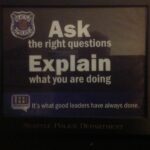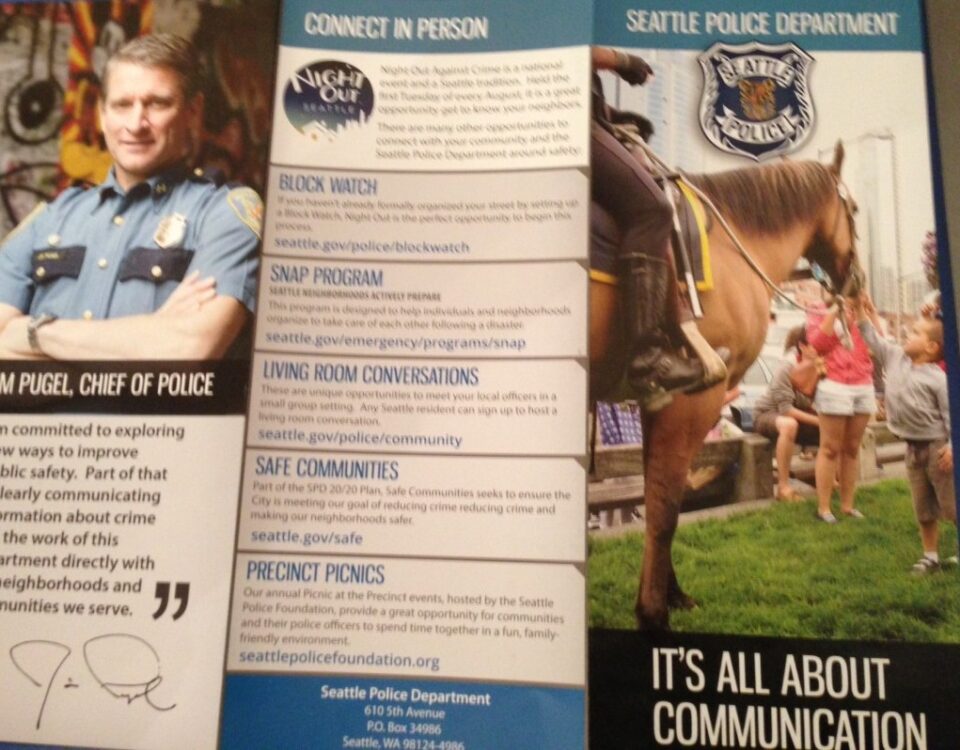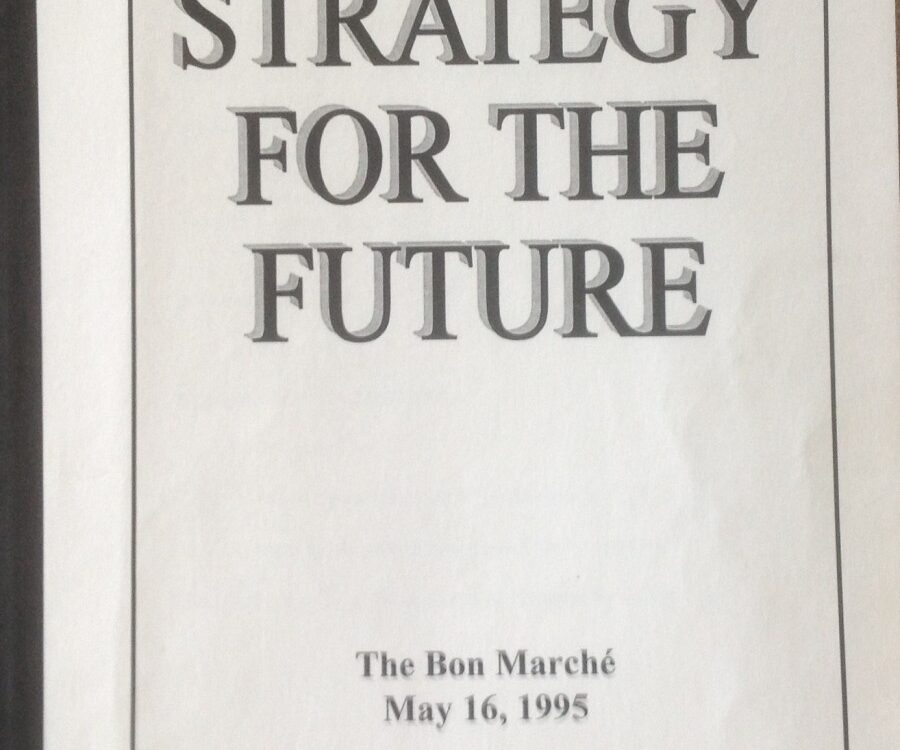
Justice Based Policing Interview Notes
January 11, 2014
Seattle Police Trust Survey
January 11, 20141st Draft 12/19/11
THE LEED TACTICAL COMMUNICATIONS SKILL STANDARD
THE QUESTION
Should the State of Washington lead the Nation in defining and executing an individual Communications Skill standard for Law Enforcement professionals?
WHAT IS A STANDARD?
Something established by Authority to determine what should be a defined rule, principle, or measured
As a rule for measure of Quantity, Extent, Value, or Quality
The most rapid changing element in Law Enforcement work today is the speed of change in the world of communications
Every one has a camera
Journalism is a lost Art
People view the World through 60 sec’s of You-Tube videos and 144 characters of text messages
WHY DO WE NEED TO CREATE A STANDARD FO INDIVIDUAL COMMUNICATIONS SKILLS?
Improving Officer Safety and Improving Trust for Law Enforcement Professionals
Is an officer Safer by asking the Right Questions enhancing his/hers Judgment about the Interaction with a Citizen
Or
Is the Officer safer by being Clear and Forceful in giving Directions when interacting with a Citizen?
Does a Citizen Trust and Respect an Officer who is asking appropriate Questions
Or
Does Trust and Respect of an Officer increase with Forceful Directed Commands?
THE RESEARCH ON THIS TOPIC
Professor Tom Tyler of New YorkUniversity has research that a critical part of Law enforcements Legitimacy and Effectiveness is impacted by the perception of Fairness and Justice by those we serve. This dynamic is especially important in Minority Communities.
CRIME RATES ARE FALLING BUT THE PUBLICS PERCEPTION OF THE POLICE HAS NOT IMPROVED
SO HOW DO WE CREATE THE LEED TACTICAL COMMUNICATION STANDARD?
1] Clearly define the Concept
LEED TACTICAL COMMUNICATION STANDARD
Listen, Explain with Fairness and Respect
This concept requires 2 very clear Skill Sets
A] Ask the Right Questions
Interview, Interrogate, and Questions to fill out Reports
The goal of every citizen interaction is to get Voluntary Compliance
Take the Unwilling to become Willing
B] Explain the What and Why of your actions
It does not matter when in the interaction –What’s important is that the officer Explains their Actions.
2] Have a clear Training Curriculum for All New-Hires
CJCT is working on an Audit of their communication Training
CJCT will be adding more emphasis of these 2 concepts starting on the 1st day of New Hires activities
3] Retro-Fit these 2 concepts into FTO’s and Sergeants Responsibilities
SPD and The King County Sheriff’s Department are each defining how this should happen in there Organizations
4] Create a compelling Communications Strategy to continuously support being a great Questioner and Explainer
This is Best done with Signage and Short Videos of Highly Respected Senior Officers telling their stories of when they learned these skills.
5] Create a Statistical Dash Board that shows Monthly Up-Dates of Progress being made on Key Indicators of Success
# of 911 calls– # of events Processed — # of Rudeness Complaints Ty vs. LY — # of Commendations TY vs. LY—# of Allegations Reported TY vs. LY—Survey Scores for the Core LEED Communications Question for dispatched Officers—Survey Scores for the Core LEED Communication Questions From the 24/7 Neighborhood Safety Survey
6] Senior Leadership’s Accountability and Ownership
All Command Staff [Lieutenants and Above] buy’s in and Personally Demonstrates Ownership and Commitment to this effort. It is not about What You Say it is about What You Do!
HOW DO WE MAKE THIS HAPPEN?
The Seattle Police Department-The King County Sheriff’s Department and The CJTC all deciding to make their part of this happen.
There is very little expense involved
THIS ONLY REQUIRES THE DESIRE TO MAKE THIS HAPPEN
Once all of these factors are working the rest of the State of Washington will follow
THIS IS WHAT GOOD COPS HAVE ALWAYS DONE
The world of Communications has Changed – Now is the time to Act
THE LEED TACTICAL COMMUNICATIONMODEL HELPS CRIMINAL JUSTICE PROFESSIONAL FIND THEIR “VOICE” THROUGH SKILL COMMUNICATIONS TRAINING- INSTEAD OF YEARS OF “ON THE JOB TRIAL AND ERROR”





